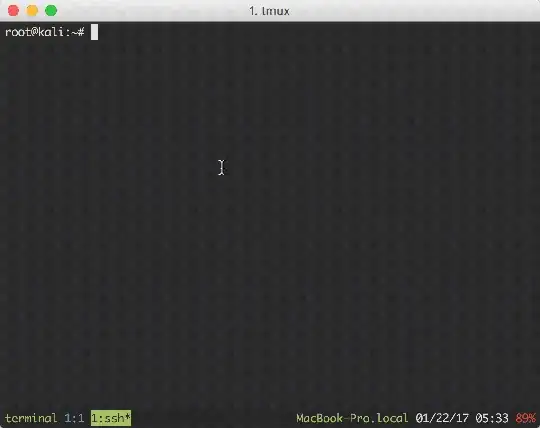It would seem that TightVNC isn't part of this image of Kali Linux.
TigerVNC is a fork that is supported by the standard Kali Linux repositories.
I managed to figure out a pretty good alternative to TightVNC and TigerVNC. Below is my expanded solution.
Solution:
I would recommend using x11vnc as it provides the actual desktop experience rather than a virtual one.
To install x11vnc enter the following command:
apt-get update && apt-get install -y x11vnc
If you experience that the framebuffer size is too small, then to change it do the following:
- Locate
/boot/config.txt and open it using nano or vim
(Note: If the file /boot/config.txt does not exist, safely power-off the Pi using the command, poweroff and take the Micro-SD card out and plug it into a laptop or desktop computer. When the Micro-SD card mounts, open it. The config.txt file should be on the root of the mounted Micro-SD card).
- uncomment the following text in
config.txt:
Before:
#framebuffer_width=1280
#framebuffer_height=720
After:
framebuffer_width=1280
framebuffer_height=720
- Save and exit the file. Then, reboot the Pi and start
x11vnc by using the following command to push it into a background process: x11vnc -usepw -reopen -bg -forever &
If you would like to start x11vnc at boot, add the following to a file called x11vnc.desktop in ~/.config/autostart:
[Desktop Entry]
Type=Application
Name=x11vnc
Exec=x11vnc -usepw -reopen -bg -forever &
Comment=Starts an x11vnc server on port kali:5900
(Note: If ~/.config/autostart does not exist, create the autostart directory by issuing the following command: mkdir ~/.config/autostart).
See how-to-execute-shell-script-on-kali-linux-startup for more information on application autostart on Kali Linux.
